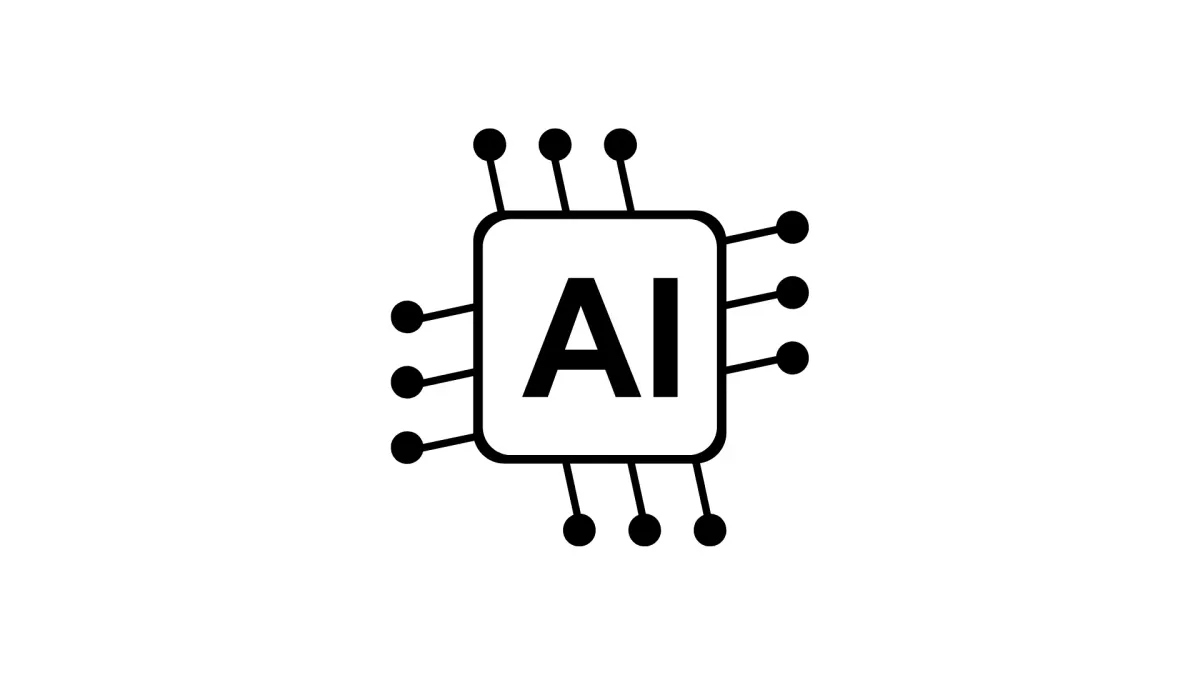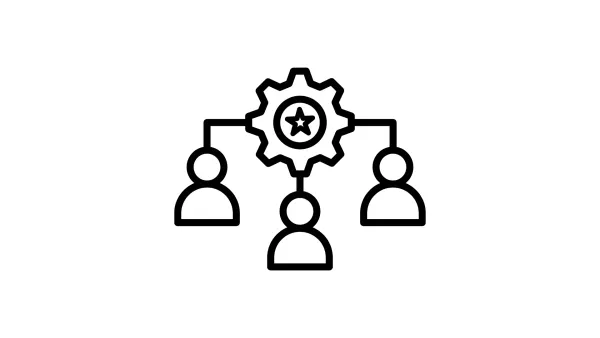AI-Driven Web Servers: A Privacy Risk?
AI-driven web servers offer speed and efficiency but can compromise your data privacy. Learn the hidden risks and how to protect your sensitive information.

Table of Contents
Artificial Intelligence is reshaping the world of web hosting and server management. AI-driven web servers promise automation, speed, and efficiency. But what happens to your data when AI takes the reins? Behind the scenes of this tech marvel lies a potential minefield for your data privacy. Let’s explore how AI-driven servers work, where the risks come from, and what you can do to protect your sensitive information.
How Do AI-Driven Web Servers Work?
AI-driven web servers leverage machine learning algorithms to optimize performance. They predict traffic spikes, allocate resources dynamically, and improve security measures. For example:
- Traffic Prediction: AI forecasts high-traffic periods and scales resources automatically.
- Threat Detection: AI identifies unusual activity and takes action faster than traditional security protocols.
- Content Delivery Optimization: AI streamlines how content reaches users for faster loading times.
While these features are impressive, they come with a caveat: AI needs access to a LOT of data to work effectively.
Where Does the Privacy Problem Start?
AI-driven systems rely on data—yours, your users’, and everything in between. The more data AI collects, the better it performs. However, this reliance on data creates several risks:
- Data Collection Overreach
- AI servers collect more data than necessary, often without clear disclosure.
- Third-Party Sharing
- Data may be shared with third-party vendors for analytics or training purposes.
- Weak Data Anonymization
- Even when anonymized, poorly implemented processes can leave users identifiable.
- AI Mismanagement
- If improperly trained or configured, AI can make mistakes, exposing sensitive data.
Risks to Your Data Privacy
- Data Breaches
- Large datasets used by AI can become prime targets for hackers.
- Surveillance Concerns
- AI monitoring tools can blur the line between performance optimization and invasive surveillance.
- Unregulated Use of Data
- Hosting providers may use your data for purposes beyond server optimization, like marketing.
What Hosting Providers Won’t Tell You
- Lack of Transparency
- Providers rarely disclose how much data their AI systems collect or where it’s stored.
- Limited User Control
- You often can’t opt out of AI-driven features that require data collection.
- Overpromised Security
- While AI improves some security aspects, it introduces its own vulnerabilities.
How to Protect Your Privacy with AI-Driven Servers
- Choose Providers Wisely
- Look for hosts with transparent data policies and opt-out options for AI features.
- Encrypt Your Data
- Always encrypt sensitive data before it’s stored or transmitted.
- Read the Fine Print
- Understand what data your hosting provider collects and how it’s used.
- Implement Security Best Practices
- Use firewalls, two-factor authentication, and regular audits to secure your server.
Conclusion
AI-driven web servers are powerful tools that enhance performance and security, but they also bring significant data privacy risks. As AI becomes more integrated into hosting, it’s crucial to stay informed, ask the right questions, and take proactive measures to safeguard your data. Remember: convenience should never come at the cost of your privacy.
FAQs
What is an AI-driven web server?
AI-driven web servers use machine learning to optimize performance, security, and content delivery automatically.
How do AI-driven servers collect data?
These servers collect data from user interactions, server logs, and traffic patterns to improve functionality.
What are the privacy risks associated with AI-driven servers?
Risks include excessive data collection, third-party sharing, weak anonymization, and increased vulnerability to breaches.
Can hosting providers share my data without consent?
Some providers may share data with third parties for analytics or training, often outlined in the fine print of agreements.
How can AI-driven servers cause data breaches?
Large datasets used for AI training can become attractive targets for hackers, increasing the risk of breaches.



